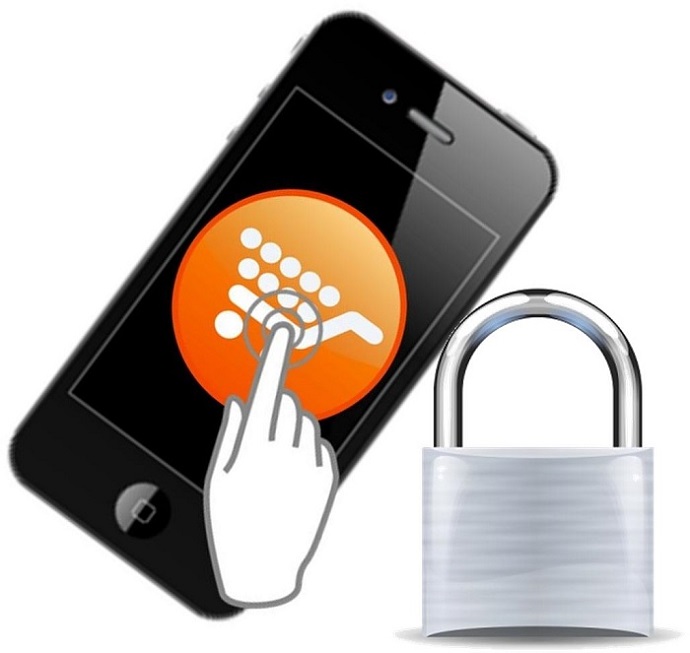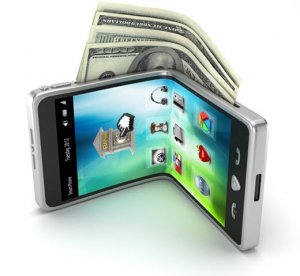Consumers are slow to warm to the mobile commerce space
Mobile transactions are slated to see strong growth in the United States this year, but the mobile commerce space may be facing significant challenges that could be difficult to overcome. A recent study from eCash shows that approximately on 20.7% of people in the United States make use of the new Apple Pay service. Other services may be popular among consumers as they have been around longer, but many consumers may simply be uninterested in mobile payment services, largely due to security concerns.
Apple Pay users do not frequently use the service to make purchases
Of those using Apple Pay, approximately 56% use it only once a week. Another 15.3% say they have never used the service. While consumers consider mobile payments to be convenient, there are numerous reasons why they are not using their mobile devices to purchase products. Security may be the most significant concern that consumers have as the mobile commerce space has become a target for malicious groups that want to exploit consumer information for their own gain.
Security remains the greatest concern among consumers
 Security is the biggest barrier preventing consumers from using mobile payment services. According to a report from eMarketer, 57% of Internet users in the United States cited security concerns as the main reason they did not use mobile wallets. Another 62% of smartphone owners in the country said that they do not plan to use mobile wallets because of worries regarding the security of their information.
Security is the biggest barrier preventing consumers from using mobile payment services. According to a report from eMarketer, 57% of Internet users in the United States cited security concerns as the main reason they did not use mobile wallets. Another 62% of smartphone owners in the country said that they do not plan to use mobile wallets because of worries regarding the security of their information.
Lack of a global standard slows the adoption of mobile payments among consumers throughout the world
Security is not the only problem facing the mobile commerce space. Currently, there is no global standard governing the mobile payments space. There are no common interfaces that makes mobile commerce universally recognizable among consumers. Once a global standard is set, however, it will allow consumers to use any application to shop online and in physical stores, using their devices to make purchases that they are interested in.
A recent report from BI Intelligence indicated that smartphone payments are still dominated by the same tech giants.
Mobile wallet tech using contactless payment technology will be used by approximately 148 million people around the world, said a new report that was published by Juniper Research, which also claimed that this format will be the leader in mobile device based transactions.
That said, it is clear that within that limited space, there are clear leaders that have already carved out their positions.
The Juniper Research report identified Apple Pay and Samsung Pay as the two top mobile wallet brands that have grabbed hold of the largest share of the smartphone payments market. In fact, together, they are believed to hold a 70 percent share of the number of customers who use that type of contactless payment service in stores. This suggests that those two firms could be the dominant figures in this market and may be able to keep a firmer hold on their portion of that space than newer entrants or older ones that have not been as successful at gaining user-ship.
Apple Pay leapt into the mobile wallet space quite strongly as it had been a greatly anticipated service.
 It launched as one of the first major entrants into the American market, which helped to ensure that it would build users more quickly than smaller players or later joiners. While Samsung didn’t arrive nearly as early, it still held onto a competitive advantage in the fact that it can be used at both NFC technology based terminals and those that are compatible with a magnetic stripe card. In Apple’s case, the mobile payments service can connect only with NFC readers.
It launched as one of the first major entrants into the American market, which helped to ensure that it would build users more quickly than smaller players or later joiners. While Samsung didn’t arrive nearly as early, it still held onto a competitive advantage in the fact that it can be used at both NFC technology based terminals and those that are compatible with a magnetic stripe card. In Apple’s case, the mobile payments service can connect only with NFC readers.
Firms invested in mobile payments are pushing hard to gain U.S. customers, but adoption has been slow. Most consumers have yet to be convinced that there is any great benefit to using their smartphones instead of their plastic credit cards, which they already find to be quite convenient. Moreover, many people still face the barrier of comfort when it comes to feeling that their sensitive personal data will be kept secure.
Moreover, the adoption of NFC technology based contactless payments is also holding back widespread use in the United States, as only 20 percent of American terminals are actually equipped to accept transactions through those mobile wallets.
 Security is the biggest barrier preventing consumers from using mobile payment services. According to a report from eMarketer, 57% of Internet users in the United States cited security concerns as the main reason they did not use mobile wallets. Another 62% of smartphone owners in the country said that they do not plan to use mobile wallets because of worries regarding the security of their information.
Security is the biggest barrier preventing consumers from using mobile payment services. According to a report from eMarketer, 57% of Internet users in the United States cited security concerns as the main reason they did not use mobile wallets. Another 62% of smartphone owners in the country said that they do not plan to use mobile wallets because of worries regarding the security of their information.
 It launched as one of the first major entrants into the American market, which helped to ensure that it would build users more quickly than smaller players or later joiners. While Samsung didn’t arrive nearly as early, it still held onto a competitive advantage in the fact that it can be used at both
It launched as one of the first major entrants into the American market, which helped to ensure that it would build users more quickly than smaller players or later joiners. While Samsung didn’t arrive nearly as early, it still held onto a competitive advantage in the fact that it can be used at both 